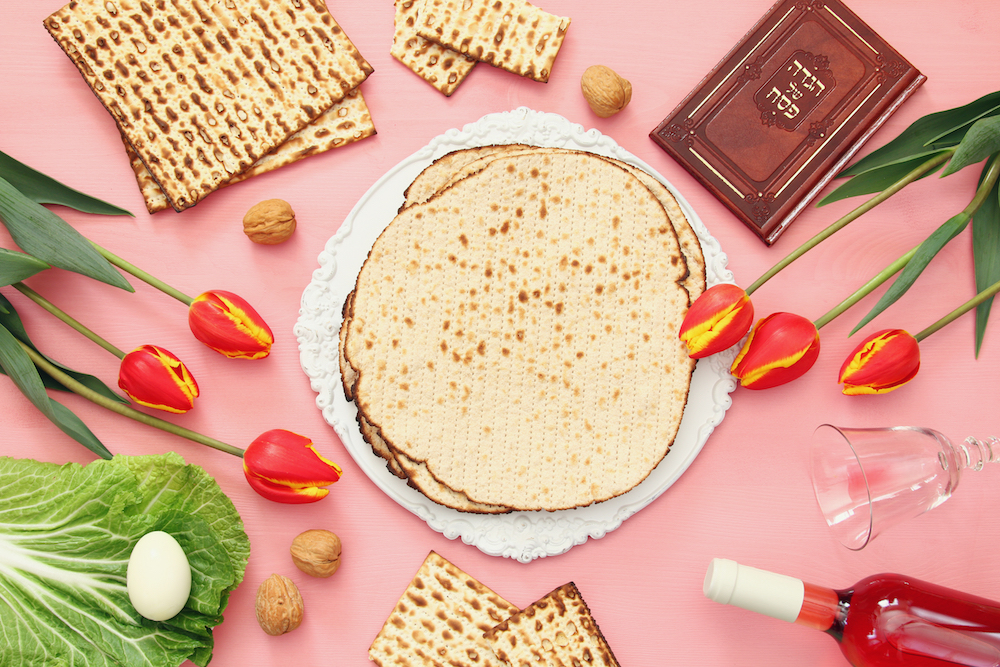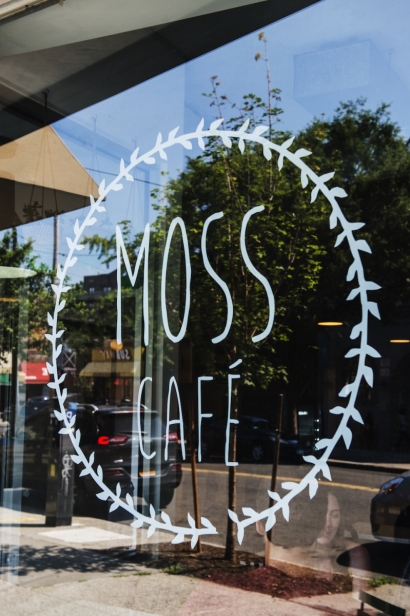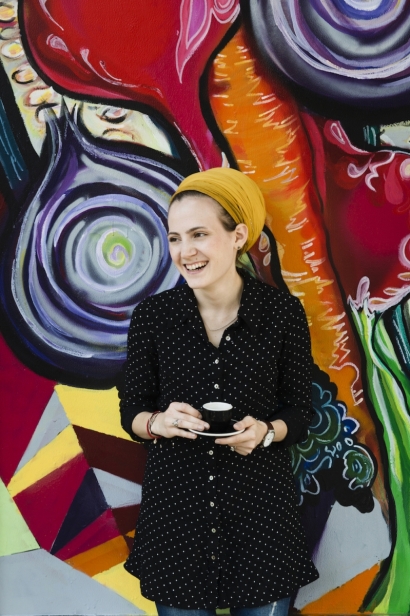A Bronx Passover That Celebrates Creativity
Passover is celebrated as the “Feast of freedom” in Jewish communities around the world, but for most Jewish-American families, the eight days of Passover are best known for foods you are not free to eat. These banned items are called chametz and include any “leavened” bread and, in particular, a ban on five-grain staples: wheat, barley, spelt, oats, and rye.
Starting way before the traditional Seder dinner on the first night of Passover, families engage in a massive purge to clean up and remove all chametz from kitchen cupboards, counters, shelves, and pantries. In addition to getting rid of the big five grains, very traditional families follow stricter customs removing many other foods such as mustard, millet, sesame seed, corn, corn syrup, beans, poppy seeds, sunflower seed, oils derived from these seeds, peas, chickpeas, lentils, soybeans, and occasionally peanuts. (Luckily, potatoes escape the list!)
In the Riverdale section of the Bronx where there's a rapidly growing kosher-observant Jewish community, Emily Weisberg, a neighborhood resident, and owner of the popular Moss Cafe, says the Passover holiday feels a bit like what she felt when living in Israel. “In Israel, the feeling of Passover is palpable in the air! Everyone is preparing, cleaning, cooking, and that kind of holiday spirit spills out onto the streets and into the market and into everyone’s energy. It’s really special!”
At Moss Cafe, which is a dairy restaurant, customers are coming to the cafe with the same questions: “What are you making?” “Where will you be having Seder?” Weisberg explains: “Here in Riverdale is where my husband and I have had the chance to host our first Seder, and we want to use food and the entire experience as a way to instill values and teach the meaning of freedom versus slavery to our children.”
From a spiritual perspective, the Passover holiday commemorates the biblical exodus of Jews from Egypt described in the Book of Genesis and, by extension, all subsequent “enslavements” and “liberations” that Jews continue to experience. It is believed that during the exodus, Jews didn't have time to bake regular bread. So, they settled for eating unleavened bread. By practicing this dietary restriction during Passover, new generations come to appreciate and understand the meaning of freedom from enslavement.
Emily's family actually doesn't eat much bread even when it is not Passover because her husband has celiac disease. They do eat a lot of rice and quinoa, which can be okay during Passover, per some Sephardic Jewish traditions. She uses many fresh foods-- sustainably sourced vegetables, fruits, and fish. But the Passover restrictions often push Emily to get creative with what's available seasonally and locally and to think outside the box.
On the regular Moss Cafe menu are lots of wonderful dishes that would be great during the Passover holiday or any time of year. In fact, Weisberg says she doesn’t look for special Passover recipes at all.
Weisberg believes that having “standards and boundaries” brings out the best culinary innovations. “If you look around the world, the best culinary innovations come from some form of limitation. For the same reasons, I really find it meaningful to take on the restriction of chametz at Passover. Like any spiritual practice, it is only meaningful if we make it so and that takes inner work.”
When preparing Passover dishes, Weisberg looks at how she is responding to the restrictions during that week asking: What am I really 'missing' or how am I 'enslaved' by food? How can I be more 'free' from needing something so temporary as food? She usually comes out of the week with a greater appreciation for food, but with less of an attachment to it. In her words: “It’s a really powerful experience!”







